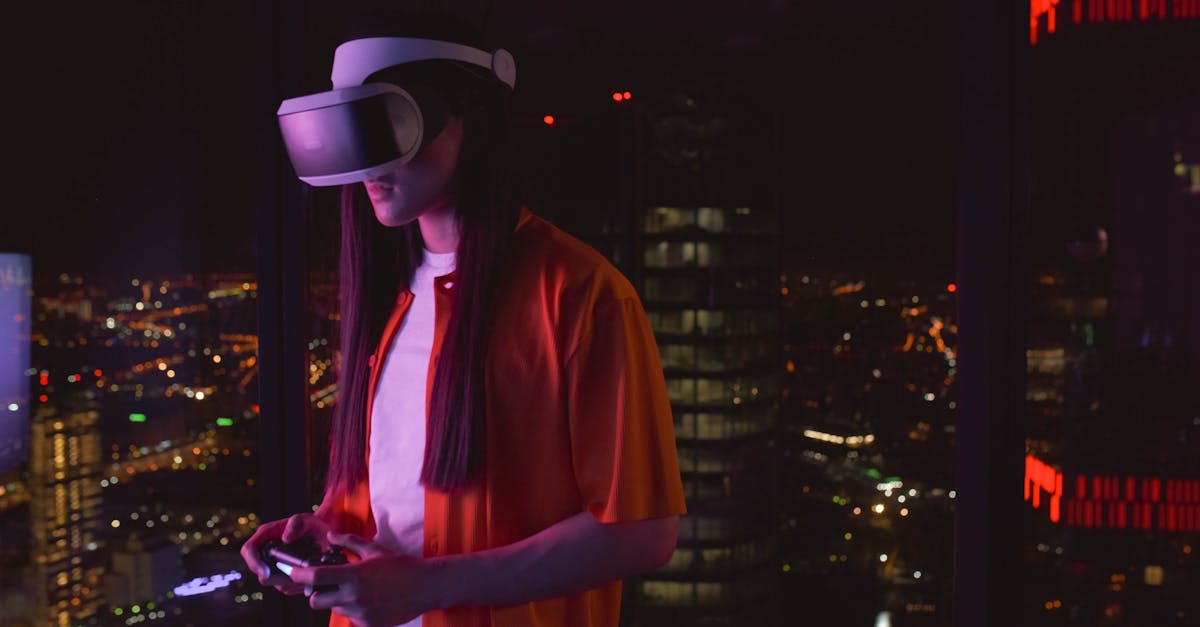The Future of Entertainment
Introduction
Entertainment, a cornerstone of human civilization, is on the brink of revolutionary change. As technology advances, the way we consume media transforms. From interactive storytelling to augmented reality, the future of entertainment is being defined by innovation. Traditional media like film and television now share the spotlight with digital novelties. In this dynamic landscape, audiences demand more immersive, personalized experiences. With industries adapting to these demands, the era of passive viewing is fading.
Advertisement
Rise of Immersive Technologies
Technological advancements are fueling a shift towards more immersive entertainment experiences. Virtual reality (VR) and augmented reality (AR) are leading the charge, offering audiences the chance to step inside their favorite narratives. From gaming to concerts, VR creates sensory-rich environments that blur the line between the virtual and real world. As AR layers digital elements onto our physical surroundings, it augments storytelling possibilities. These technologies not only engage audiences but revolutionize how stories are told and experienced.
Advertisement
AI and Entertainment Personalization
Artificial intelligence is redefining the landscape of personalized entertainment. Machine learning algorithms analyze viewing habits to recommend content tailored to individual preferences. This results in a unique viewing experience for every user, varying not just in content but also in delivery. AI's capabilities extend to content creation, where advanced algorithms produce music, scripts, and digital art. These innovations streamline production processes and offer creators new tools to envision narratives that were previously unimaginable.
Advertisement
Interactive Storytelling Evolution
Interactive storytelling is breaking traditional narrative structures by allowing viewers to influence the storyline. Platforms are exploring choose-your-own-adventure formats, empowering audiences to shape plot developments with their choices. This active participation increases audience engagement, blurring the lines between viewer and creator. The success of projects like Bandersnatch has encouraged the proliferation of such formats. This evolution reflects a shift from passive consumption to dynamic participation in unfolding stories.
Advertisement
Impact of Streaming Platforms
Streaming platforms have drastically redefined how we access and engage with content. With their on-demand nature, platforms like Netflix and Amazon Prime Video offer a plethora of options at our fingertips. Their rise not only democratizes access to entertainment but reshapes production priorities. Streaming platforms have globalized content, allowing stories from diverse cultures to reach a worldwide audience. This has ushered in a new era of cross-cultural exchanges, broadening the scope and reach of entertainment.
Advertisement
Role of Social Media in Entertainment
Social media is integral to the evolution of modern entertainment. Platforms like TikTok and Instagram aren't just spaces to share experiences; they are catalysts for viral content. User-generated content can influence mainstream media, as seen with amateur creators gaining immense followings and impacting industry trends. Social media's real-time discussions enhance the entertainment experience, fostering community interaction and engagement. As entertainment continues to intersect with social media, creators are tasked with delivering content that resonates across various digital landscapes.
Advertisement
Live Events and Digital Integration
Live events are increasingly incorporating digital elements to enhance audience experience. Concerts, sports, and theater performances now leverage technology to offer virtual attendance, reaching wider crowds beyond physical venues. Holographic performances and digital extras provide innovative ways to experience live events. This marriage of the traditional with the digital offers a multifaceted entertainment experience. Simultaneously, it poses new challenges in safeguarding digital rights and maintaining the authenticity of live interactions.
Advertisement
Ethical Considerations and Challenges
As entertainment immerses deeper into technological realms, ethical concerns become inevitable. Issues of data privacy, digital addiction, and content authenticity are central to ongoing discussions. The line between entertainment and reality blurs, raising questions about consumer manipulation and digital ethics. Industries must navigate these waters responsibly, prioritizing transparency and consumer well-being. Holistic frameworks and robust guidelines are essential to addressing these challenges as we embrace the future of entertainment.
Advertisement
Predictions and Future Trends
The entertainment industry is poised to explore new frontiers with advancements in blockchain, AI, and 5G technology. Blockchain's potential in rights management and monetization offers protection and transparency for creators. AI-powered virtual influencers and characters might redefine celebrity culture. The advent of 5G promises faster, seamless content delivery, facilitating smoother experiences in AR and VR environments. As these technologies evolve, entertainment will continue to innovate, promising an unmatched blend of creativity and technology.
Advertisement
Conclusion
The future of entertainment is a fascinating blend of technology and creativity, reshaping how we consume and interact with media. Innovations like VR, AI, and interactive storytelling promise time-tested narratives delivered in unprecedented ways. As streaming platforms globalize storytelling, audiences are more connected than ever. Embracing and integrating these technological advances while addressing ethical responsibilities will be crucial. Ultimately, the focus remains on providing audiences with engaging, immersive experiences, crafting a future where entertainment not only entertains but connects, challenges, and inspires.
Advertisement


